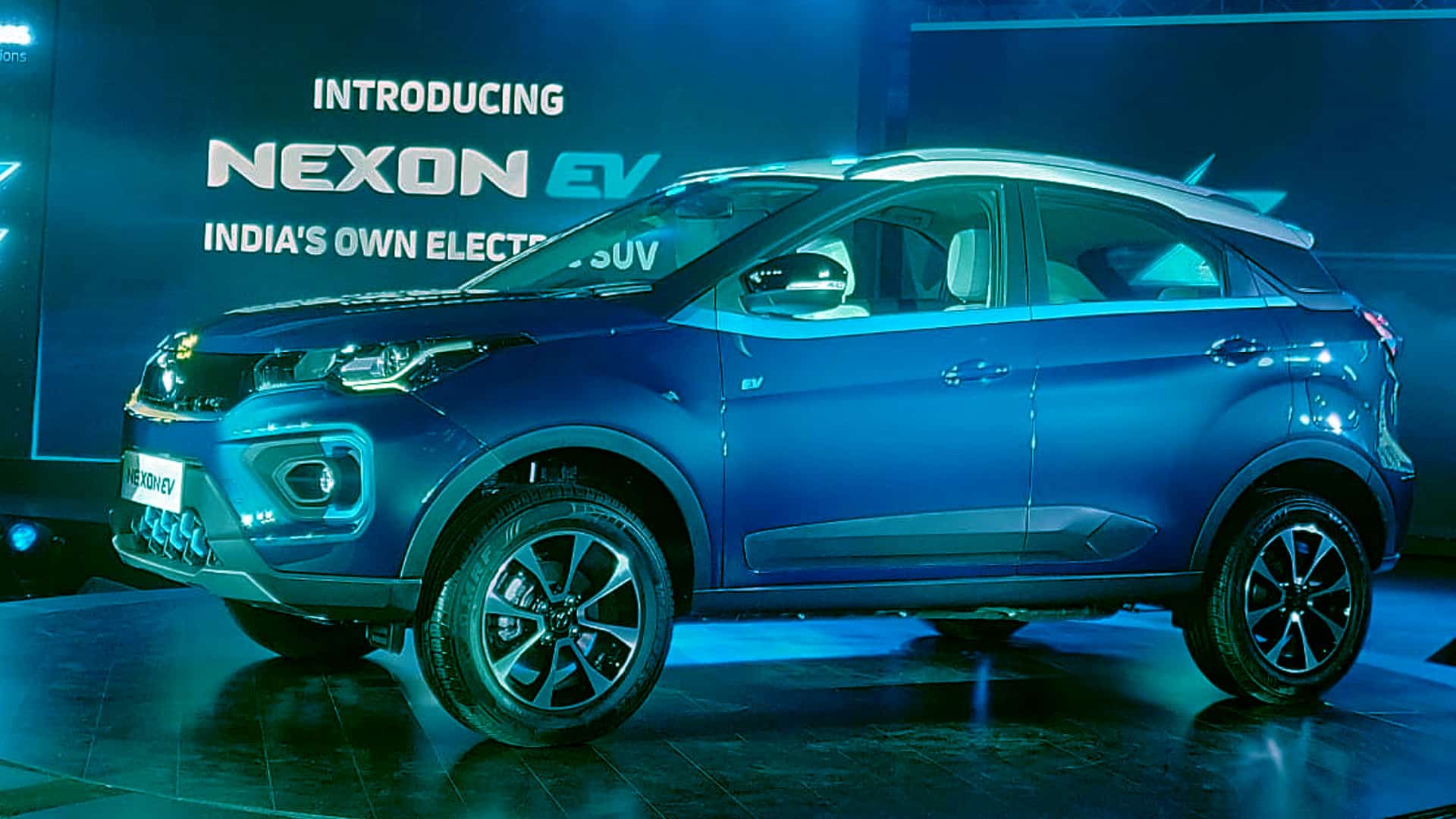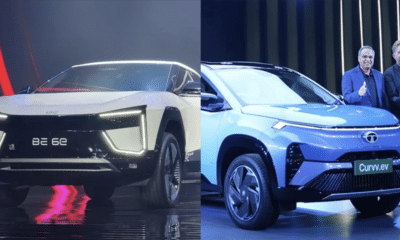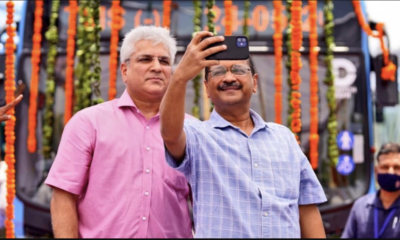Business
Delhi govt suspends subsidy on Tata Nexon EV, panel to look into complaints: Company says will work to protect customers’ interests
The Delhi government has removed the electric version of the Tata Nexon car from its subsidy scheme for electric vehicles till a committee looks into complaints that the model failed to meet the specified range on a single charge, officials said on Monday. Tata Motors, in a statement, termed the development as “unfortunate” and asserted that it will continue to “engage constructively” with relevant authorities to protect the interests of its customers. An order issued by the Delhi Transport department on Monday said that a three-member committee has been constituted to verify claims of the complainants and assertions of Tata Motors in support of the model. The committee will include a representative of Tata Motors. “The EV, Tata Nexon will not be eligible for EV subsidy till the committee gives a report and decision is taken accordingly,” stated the Transport department order.
Delhi Transport minister Kailash Gahlot on Monday said several users had complained of “sub-standard” driving range offered by the Nexon electric vehicle (EV). “The Delhi government has decided to suspend subsidy on an EV car model, pending final report of a Committee, due to complaints by multiple users of sub-standard range performance,” Gahlot tweeted. “We are committed to support EVs, but not at the cost of trust & confidence of citizens in claims by manufacturers,” he said. Last month, a show-cause notice was issued to Tata Motors by the transport department about a complaint from a user of Tata Nexon EV claiming it did not meet the promised range of 312 km on a single charge of its battery, officials said. The show-cause notice was issued after a complainant claimed that the model (Nexon EV) of the electric car purchased by him from a dealer at the Safdarjung Enclave and registered on December 3, 2020 had failed to provide the specified 312-km range on a single charge. The range of more than 200 km could never be achieved by the model, he had claimed. In reply to the Transport department’s show-cause notice on February 8, a Tata Motors representative had appeared before a Transport department officer and furnished written submission. The Transport department order said that the reply furnished by Tata Motors was examined in detail and found to be “non-satisfactory”. The Transport department order also cited another complainant Dr Manoj Sharma who “adversely” commented upon the model through a video tweeted by him. The order stated that major deficiencies in the EVs are likely to “adversely affect” the momentum of use of EVs in Delhi, which is picking up with the implementation of the Delhi electric vehicle policy.
Also read: Reliance Industries keen to step into digital payments business
“In case, strict action is not taken, the general public may be discouraged to rely on the claim of the original equipment makers as regards the range of the vehicles, which is one of the major parameters while purchasing an e-vehicle,” it said. Tata Motors in its statement claimed the Nexon EV is the only personal segment EV available in the market presently that meets the stringent FAME norms. “The range at single full charge (312 km) for the Nexon EV is on the basis of the certification received from the Automotive Research Association of India (ARAI), which is the official body that independently tests all mass-produced vehicles under standard test conditions before they can be offered to customers.” The actual range achieved in EVs is dependent on AC usage, individual driving style and the actual conditions in which the vehicle is driven, it said. “The range achievement is also a function of familiarity with the new technology, and customers report improvements upwards of 10 percent within 4-6 weeks of familiarity,” the statement said. “We are extremely confident about the value proposition of the Nexon EV, which since its launch a year ago, has consistently grown in popularity to become India’s largest selling EV with thousands of families enjoying the pleasure of owning and driving it, it added. Under the Delhi government’s EV policy, a purchase incentive of Rs10,000 per KWh of battery capacity is provided on an electric four-wheeler (subject to a maximum incentive of Rs1,50,000 per vehicle) to the owners of the first 1000 e-cars to be registered in Delhi after the issuance of the policy. The policy was notified in August 2020. The vehicle model Tata Nexon EV XZ+ manufactured by Tata Motors Ltd was approved under the eligibility of the Delhi EV Policy.











































Pingback: 'Make in India' campaign epitomises challenges facing US-India trade relationship: USTR Report | The Plunge Daily